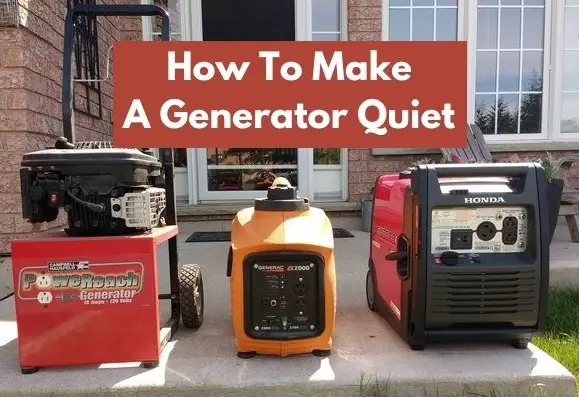Generators are extremely helpful during power outages or when you’re camping or RVing, but they can be noisy, so you’ll need to know how to make a generator quiet.
After all, nobody wants to listen to the constant drone of a generator all night long.
In this guide we’ll discuss some easy tips that will help you quiet your generator in this guide to give you instant relief.
13 Easy Ways On How To Quiet A Generator
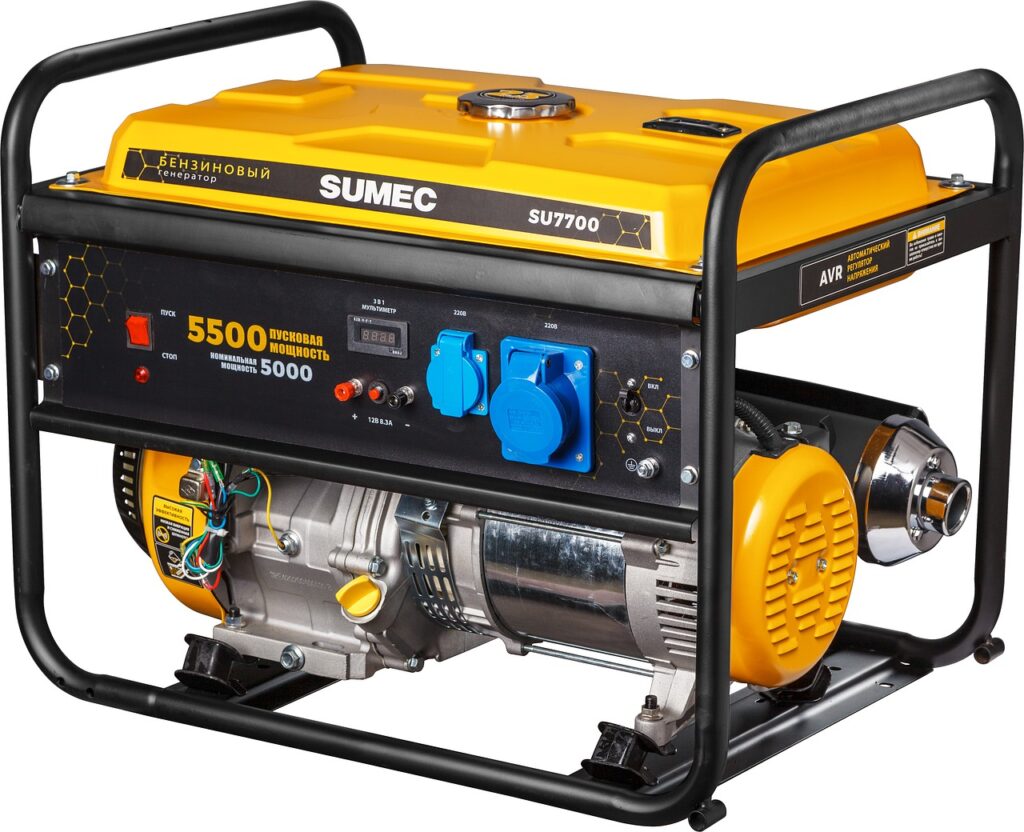
- Don’t Buy More Than You Need
- The Location Matters
- Face The Exhaust Away From You
- Put The Generator On A Soft Surface
- Use An Anti-Vibration Mat
- Build Your Own DIY Baffle Box Or Acoustic Enclosure
- Use a Sound-Proof Enclosure
- Install Or Replace Your Generator’s Muffler
- Use Water As A Muffler
- Try A Generator Silencer
- Get Out The Extension Cord
- Choose A Propane Generator (If Possible)
- Use An Inverter Generator
That’s a quick overview on how to quiet down a generator. We’ll go in detail on each step below.
Don’t Buy More Than You Need
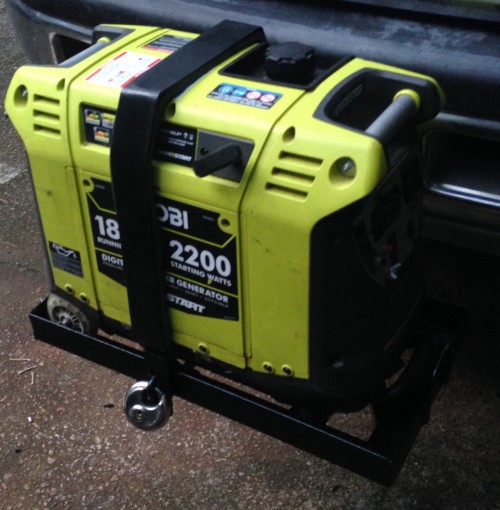
The size of the generator you buy is important. If it’s too small, it won’t be able to power your appliances, RV, or electronics.
But if you buy a bigger generator than you need, not only will it be more expensive, but it will also be louder.
The Location Matters
Another thing to consider when trying to make a generator quiet is the location where you’re going to use it.
If you put it in an open area like a garage or outside, the noise will travel farther and be heard by more people, so try to find a spot where the noise will be contained.
Try to keep the generator at least 20 feet from your RV or campsite as a general rule if the situation allows.
Face The Exhaust Away From You
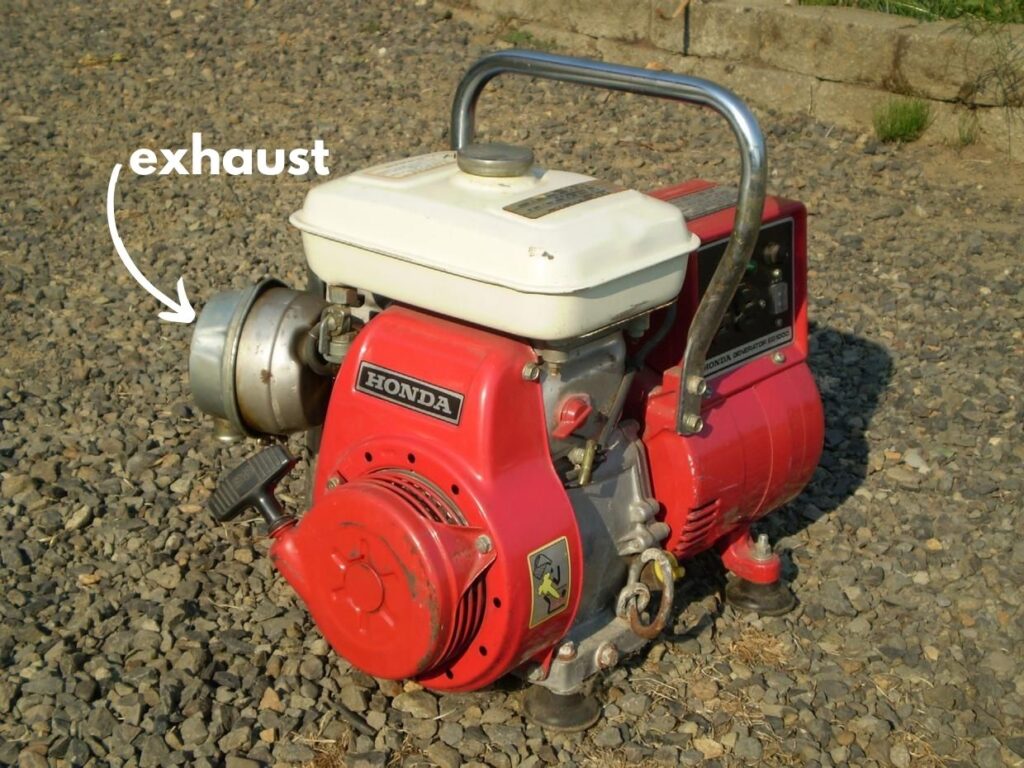
One way to help quiet a generator is to face the exhaust away from you.
This will direct the noise away from where you’re standing and hopefully lessen the decibel level.
Some generators have exhaust pipes that you can “aim” or bend in different directions, so it’s best to point the noise away from your space.
Be courteous of others when doing this, though!
Put The Generator On A Soft Surface
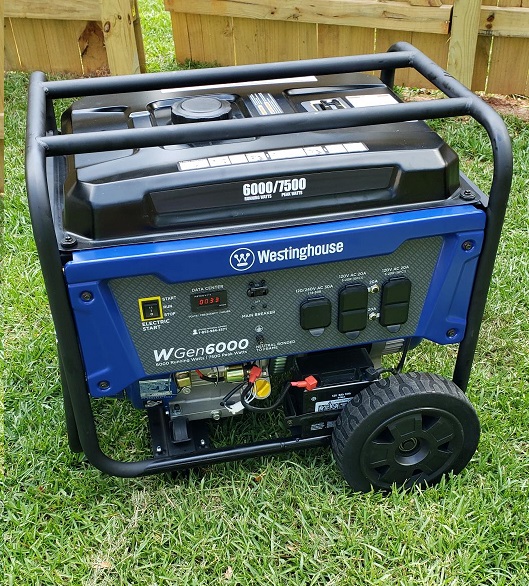
Hard surfaces like wood or concrete will only amplify the sound of a generator, while soft ones such as grass or dirt will help dampen the noise it’s making.
Use An Anti-Vibration Mat
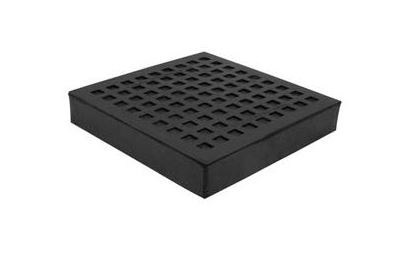
You can use an anti-vibration mat that will help reduce your generator’s noise level if there’s no soft ground.
This is a great method for quieting a generator if it’s sitting on a concrete or hardwood base.
You can also use rubber feet if you’ve got a tight space or prefer the look over a mat.
Use a Sound-Proof Enclosure
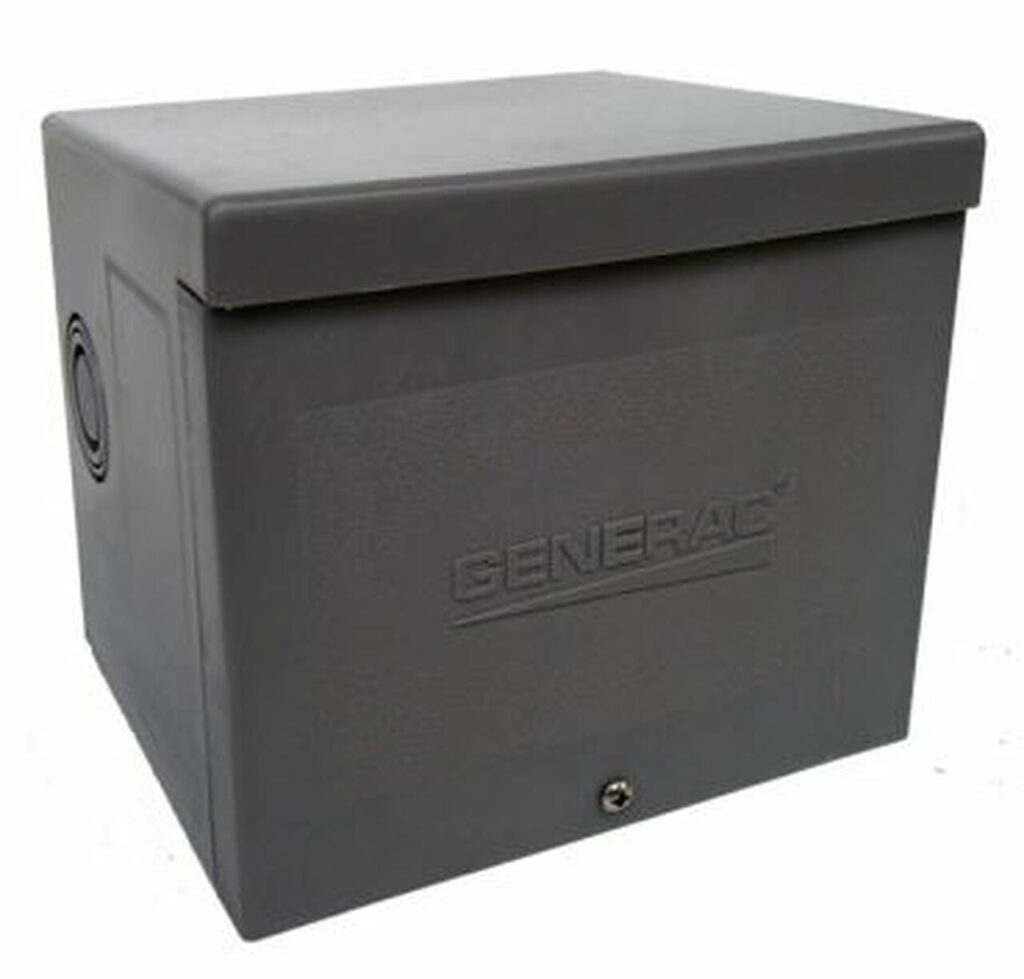
If you can’t put the generator in a sound-proofed area, you can buy a sound-proof enclosure to help make your generator quiet as a cricket.
If buying a soundproof generator enclosure isn’t an option, you can also mimic this by deflecting the sound by using several pieces of plywood or drywall placed around the generator.
These pieces of material will deflect the sound down toward the ground where they’ll be absorbed, significantly quieting your generator.
Build A DIY Acoustic Enclosure or DIY Baffle Box For Your Generator
A baffle box works kind of like an enclosure and sound deflectors all in one, and the best part is that it’s highly affordable and easy to build.
Here’s how to build a quiet box for a generator:
You’ll need wood 2X4’s, metal L-brackets, some screws, foam sealer, and some soundproofing material like acoustic paneling.
You’ll use these materials to build a box a little larger than your generator, making sure to have an air vent on the side where your generator’s exhaust aims.
This will result in a great generator-quieting option that’s also very portable, and can even double as a cover for your generator when not in use.
Check out this video on how to build your own DIY quiet box for a generator:
Install Or Replace A Muffler On Your Noisy Generator
Another way to make a generator quiet is by installing or replacing your generator muffler.
This also helps reduce exhaust fumes and makes it safer to use.
Placing a muffler on a generator will work the same way it does for your car, significantly lowering the sound coming out of the exhaust.
They don’t really make mufflers for generators, so you’ll need to fabricate your own solution or have a small engine repair shop do it for you.
Use Water As A Muffler

You can make your own DIY generator muffler using a 5 gallon bucket, a length of hose, and some clamps.
Start with the generator at a higher level than your water bucket to prevent backflow of water from damaging your generator, then follow these steps:
- Fill the bucket with water
- Clamp the hose onto your generator’s exhaust pipe
- Secure the other end of the hose below the water line in the bucket
The water will dampen the sound of your generator’s exhaust affordably and easily.
Try A Generator Silencer
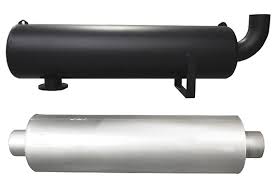
A generator silencer is kind of like a muffler with some extra materials that are specifically designed to make your generator as quiet as possible.
Generator silencers are great for reducing the sound output from a popping sound down to a low rumble, and also shortens the distance the sound travels from the generator.
Gensilencer makes a great model that fits nearly any generator type and size.
Get Out The Extension Cord
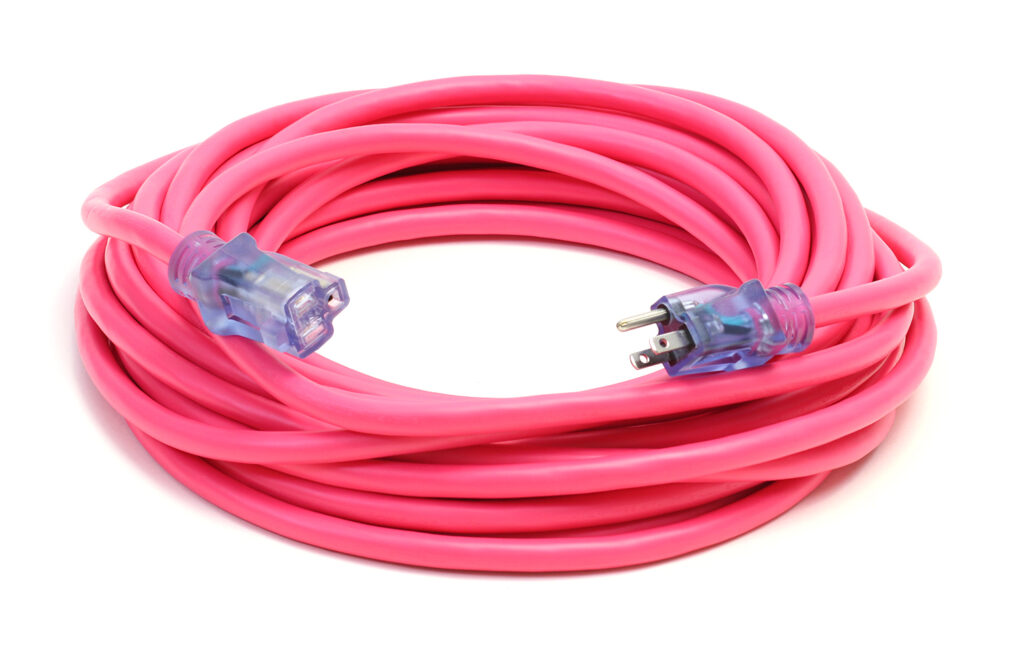
If you have the room and aren’t bothering anyone else, don’t be afraid to break out the 50 or 100 foot extension cord and get that generator far away from where you’ll be spending time.
This will significantly reduce the noise level coming from your generator!
Choose A Propane Generator
Although propane generators are less fuel-efficient, they are significantly quieter than gas generators, and they’re more environmentally friendly.
Use a propane generator if noise pollution is your biggest concern.
Use an Inverter Generator
Inverter generators are some of the quietest generators available. They’re perfect for use when you need to run sensitive electronics like laptops or cell phones.
Use A Storage Box
Some DIYers have gotten really creative with their solutions, including using a modified storage box to dampen the noise from their generator.
This is pretty straightforward, but check out the video below for a great example:
How To Make A Generator Quiet: Wrapping Things Up
There are a variety of ways to make your generator quieter, and the one you choose will depend on your needs and budget.
What type of generator do you have, and what method did you use to quiet your generator? Let us know how it worked in the comments below.
While you’re here, check out our other helpful RV repair guides:
- What to do if your RV water pump keeps running
- How to perform RV toilet foot pedal repair
- Our guide to RV roof reseal cost
- What to do if your RV heater is blowing cold air
- How to fix an RV microwave not working
- Our guide to motorhome fuel pump replacement
- How to replace RV window glazing bead
- How to fix an RV toilet not holding water
- How to fix a sagging RV slide out
- Preparing for an RV one night freeze

